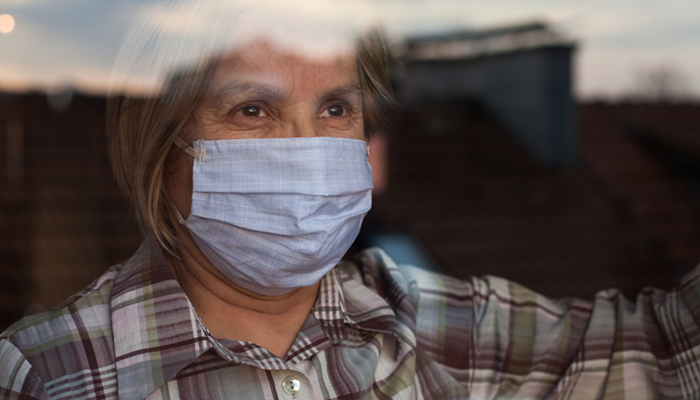Study highlights the power of social movements for community health as pandemic continues

Social movements, fuelled by social media, can be an important public health tool to support vulnerable community members, particularly during a pandemic, according to new research from McMaster University.
Social movements, fuelled by social media, can be an important public health tool to support vulnerable community members, particularly during a pandemic, according to new research from McMaster University.
When COVID-19 emerged as a global pandemic in March 2020, government and healthcare institutions quickly implemented stay-at-home and social distancing measures. While necessary to flatten the curve of infection spread, these measures also ran the risk of exacerbating existing health and social needs and further isolating the same vulnerable populations they were introduced to protect.
In response, an organized Facebook #caremongering movement surged across Canada to pool resources, share information and offer help with groceries, supplies and prescription deliveries to those who are at risk during the pandemic, including older adults and people who are sick, immunocompromised, or caring for someone else and cannot leave their house.
Funded by the McMaster Institute for Research on Aging, the study examined the spread and use of the #caremongering movement as a tool for addressing community health and social needs.
The research team extracted available Facebook analytics across 130 Facebook #caremongering groups, including from all 13 provinces and territories in Canada. Results showed these groups mobilized quickly, with the vast majority (96%) of groups formed within days of the World Health Organization declaring COVID-19 a global pandemic on March 11, 2020. Membership grew quickly to nearly 180,000 in a month, and has stayed steady at nearly 200,000 as of last fall.
“Convening for a shared purpose over social media is a powerful means by which communities can address complex problems that cannot be resolved without shared responsibility with individual citizens and joint action,” said Hsien Seow, the study’s lead author and associate professor in the department of oncology at McMaster University. “We are a caring nation.”
The research team also looked into the types of needs that were addressed, which included grocery shopping, furniture removal, dog walking, snow shovelling and lawn maintenance.
“It really underscores how each of us can be everyday heroes,” said Seow. “The simple act of being checked in on by a neighbour that you met through #caremongering is a way to break through social isolation and realize you’re not alone in this.” Now that the pandemic is well into its second wave, Seow added, “more than ever, grassroots community support has never been more important.”
#Caremongering: A community-led social movement to address health and social needs during COVID-19 was published in PLOS ONE this month.
Category, Research Findings